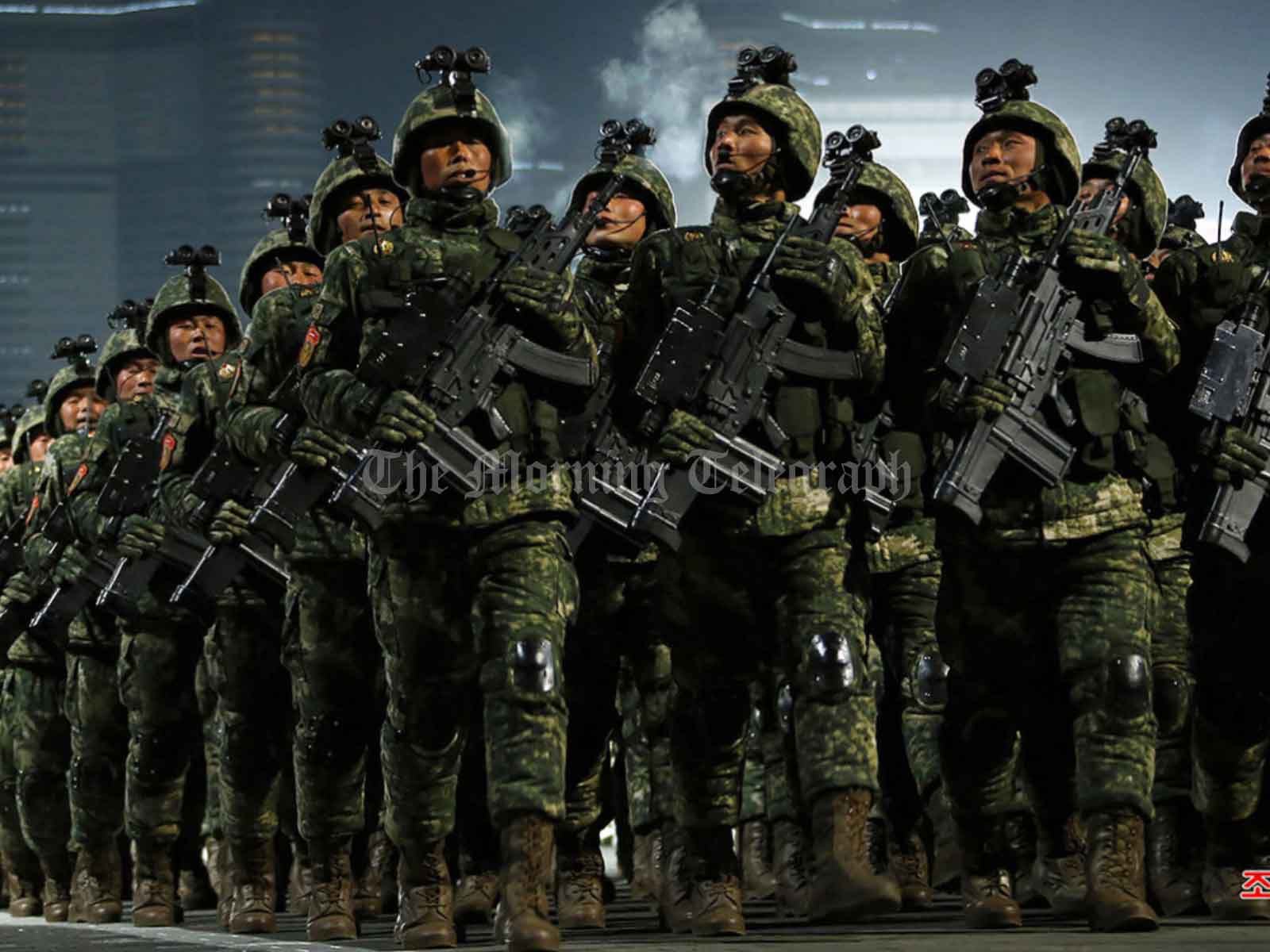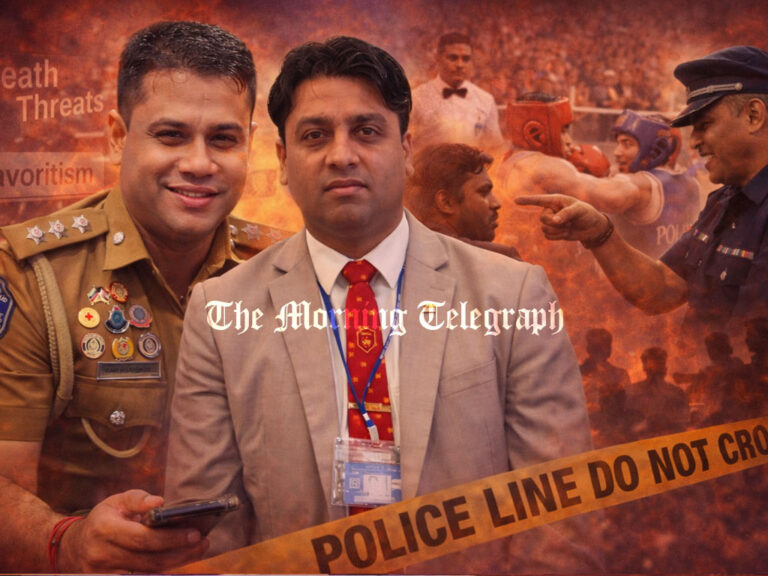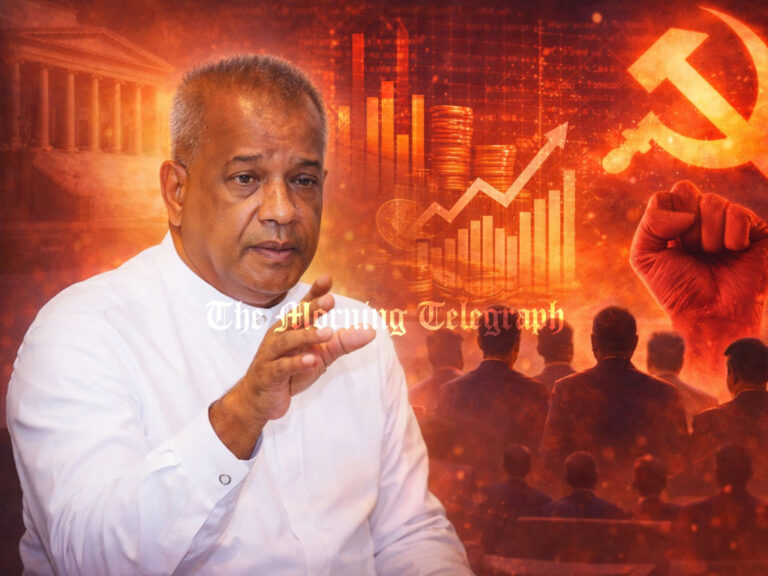
Ukraine’s Defense Intelligence Directorate has reported that approximately 11,000 North Korean infantry troops are currently training in eastern Russia, gearing up for potential combat in the ongoing conflict against Ukraine. This intelligence has raised alarms about the increasing collaboration between North Korea and Russia and the implications it may have for the war.
Reports indicate that Moscow is planning to deploy North Korean soldiers specifically to the Kursk region, where Ukrainian forces have been carrying out incursions since August 6. Lieutenant General Kyrylo Budanov stated that battalions of North Korean troops are expected to be ready for deployment by November 1, with an initial cadre of 2,600 soldiers set to arrive in Kursk. The North Korean soldiers are expected to utilize Russian military equipment and ammunition, significantly enhancing their capabilities. This arrangement raises concerns about the operational effectiveness of these troops as they integrate into Russian military efforts.
To aid in their infiltration and blend in with local populations, these soldiers have reportedly been issued Russian uniforms and fake identification. This tactic is designed to obscure their origins and enhance their operational secrecy. President Zelensky emphasized the urgency of the situation, warning that the involvement of North Korean forces could represent a significant escalation in the conflict, potentially leading to broader regional instability. He cautioned during a press briefing in Brussels that “the involvement of a third nation could be the first step to a world war.”
South Korea’s National Intelligence Service (NIS) corroborated these claims, indicating that North Korea is mobilizing between 10,000 and 12,000 troops for deployment to Russia. This mobilization appears to be part of a strategic partnership agreement signed between North Korea and Russia, emphasizing mutual military support. Reports also emerged of North Korean soldiers deserting their posts in Russia’s Kursk and Bryansk regions, just four miles from the Ukrainian border. This suggests potential discontent or challenges faced by these troops, adding complexity to their deployment.
The potential deployment of North Korean forces to Ukraine represents a major shift in the dynamics of the conflict. North Korea’s direct involvement is seen as part of a broader strategy to support Russia, particularly as international tensions continue to rise. NATO Secretary-General Mark Rutte commented on the situation, stating that while there is currently no evidence of North Korean troops actively engaged in fighting, their support for Russia in terms of arms and technology remains a serious concern.
As the situation unfolds, Ukraine and its allies are closely monitoring the developments, aware that the integration of North Korean forces into the conflict could significantly alter the balance of power and lead to further escalations in an already volatile region. The international community remains vigilant, grappling with the implications of this emerging military collaboration.




